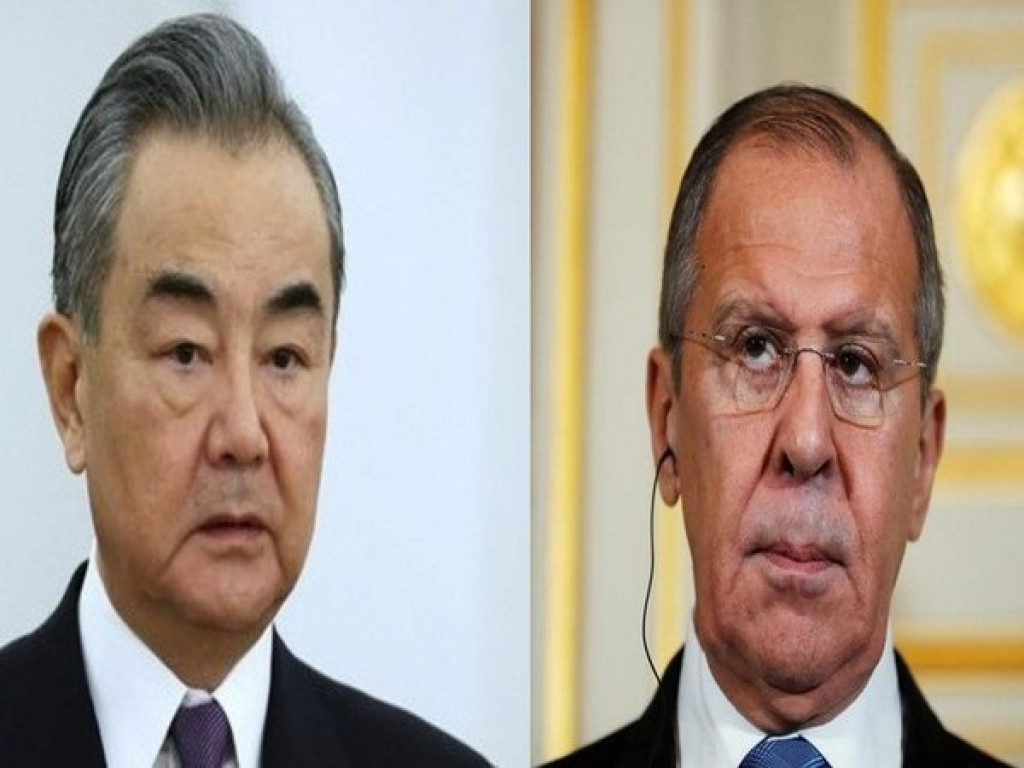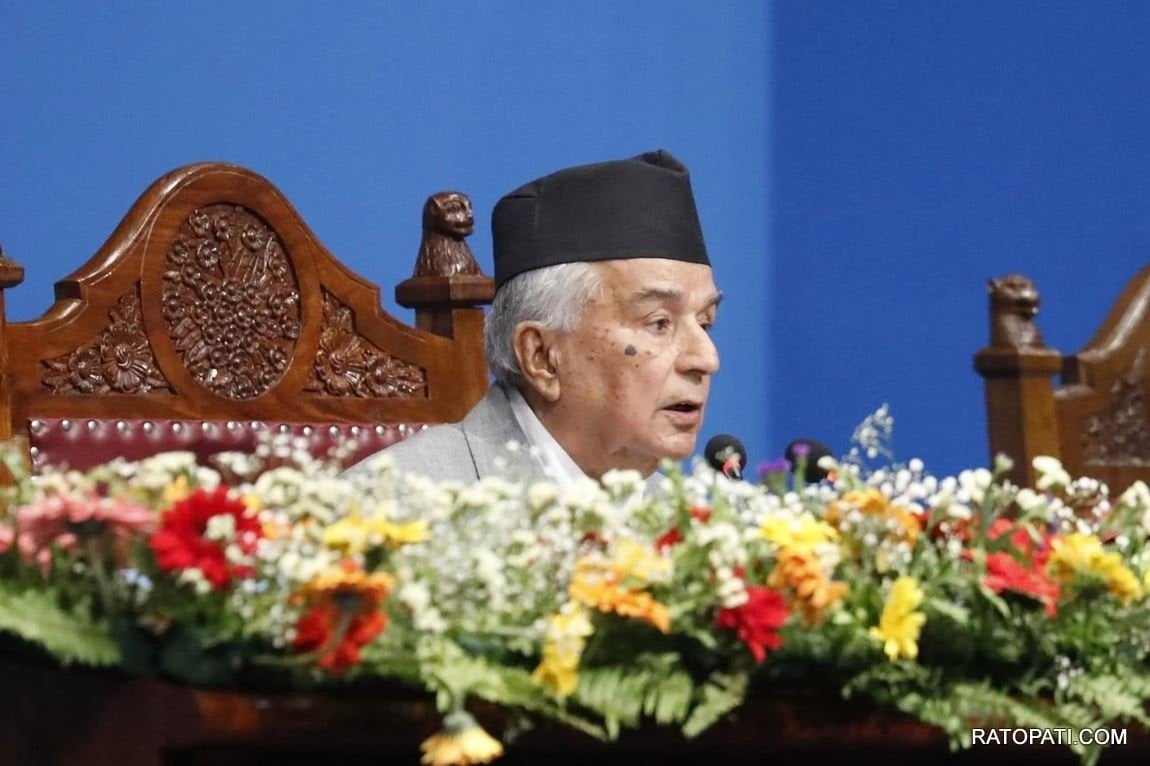
NOV 17: "Most likely this is a Ukrainian air defence missile," he said as investigations continued into the blast near the Ukrainian border.
But he stressed that Russia was ultimately to blame because of its ongoing invasion of Ukraine.
Ukraine itself continues to say that Russia actually fired the missile.
"I have no doubt that this is not our missile," President Volodymyr Zelensky said in televised remarks. "I believe that this was a Russian missile, based on our military reports."
He said it was imperative for Ukraine to be allowed to join the investigation into the blast on the farm in Przewodow, 6km (4 miles) from the border.
Ukrainian air defence systems were activated on Tuesday when Russia launched what is believed to be its biggest wave of missile strikes in the nine months since the invasion on 24 February.
Dozens of Russian missiles targeted the country but Ukraine says it managed to shoot most of them down.
The mass attack, which occurred during the G20 summit in Indonesia, caused an international outcry, while news of a missile blast inside Nato member Poland's territory raised fears that the war might be escalating dangerously.
Mr Stoltenberg said Nato had pledged in response to supply a "more advanced air defence system" to Ukraine which is not a member of the alliance but receives extensive military aid.
"Today I attended a meeting of a support group for Ukraine where Nato allies and partners made new pledges for more advanced air defence systems so we can help to shoot down Russian missiles," the Nato chief said.
"But the best way to prevent any instances like this in the future is for Russia to stop war."
"We have no indication that this is a deliberate attack from Russia," he said, speaking from Nato's headquarters in Brussels..
He added, however, that there was "no doubt that Russia is responsible because this would not have happened if Russia had not launched a barrage of missile attacks against Ukrainian cities yesterday, as they have done many times before during this war".
Polish President Andrzej Duda said earlier that although a Russian-made S-300 missile was most likely to blame, there was no evidence it had been fired by the Russian side.
When asked about the possibility of peace negotiations between Moscow and Kyiv, Mr Stoltenberg said previous attempts had shown that Russia's President Vladimir Putin had "no willingness to compromise and negotiate".
"We have to understand if Putin and Russia stop fighting we will have peace but if Zelensky and Ukraine stop fighting, then Ukraine will cease to exist as an independent sovereign nation," he said.
The top US general also commented on the war on Wednesday, saying there might be a "political solution where, politically, the Russians withdraw" from Ukraine.
But Army Gen Mark Milley, chairman of the Joint Chiefs of Staff, warned that an early military victory for Ukraine was unlikely despite its recent successes on the battlefield.
"The probability of a Ukrainian military victory - defined as kicking the Russians out of all of Ukraine to include what they claim as Crimea - the probability of that happening any time soon is not high, militarily," he told reporters at the Pentagon.
_17087811271708817780_1024.jpg)




1654138299_1200.jpeg)

